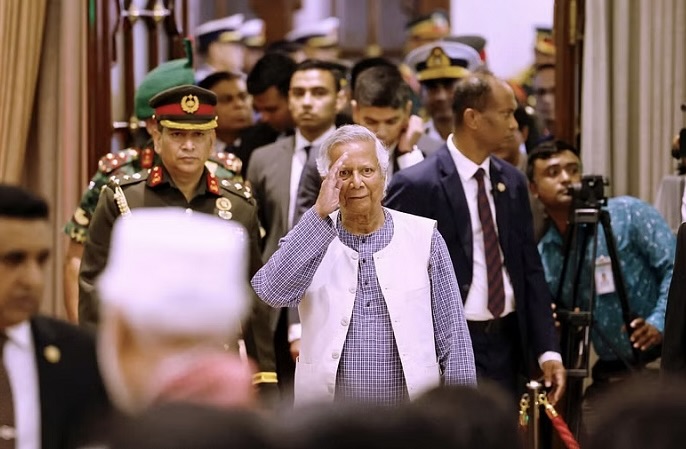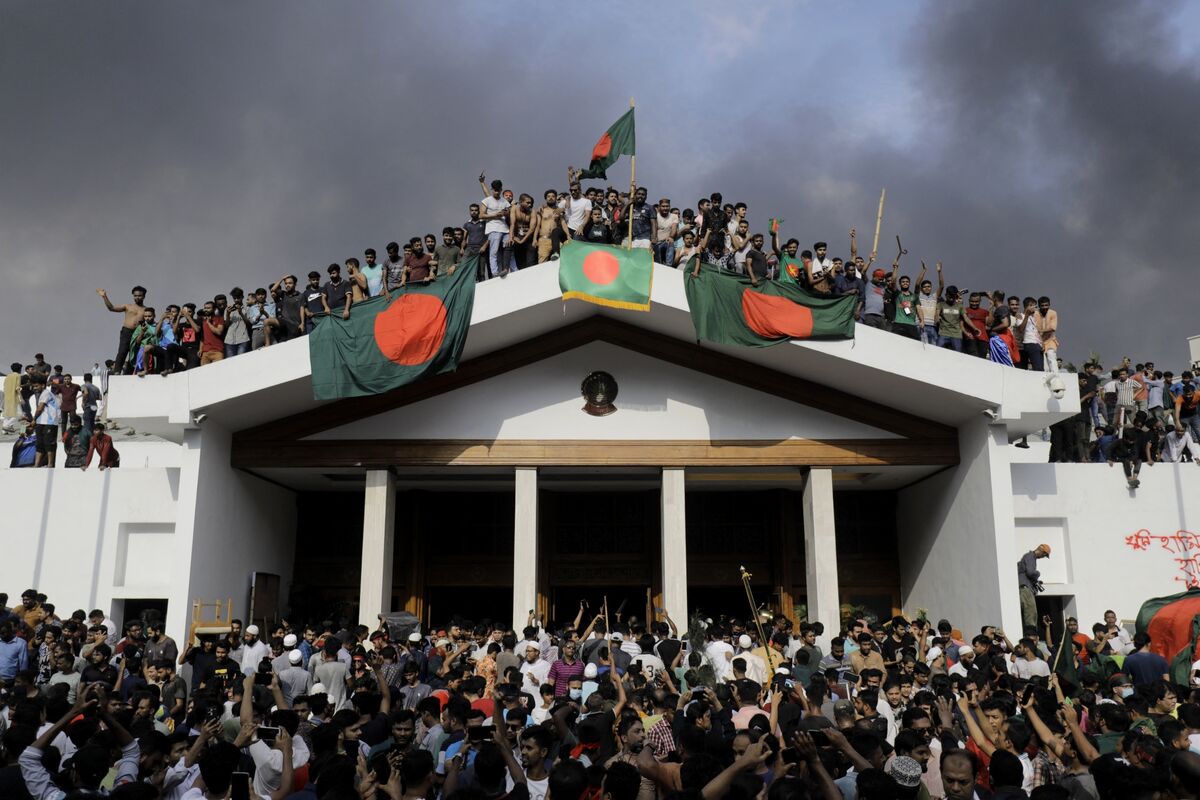India-Myanmar: Borderland Dynamics
Gateway House presents a timeline that highlights the cross-border dynamics between Myanmar and India’s northeast. Myanmar’s military coup and breakdown of authority have aggravated existing local problems related to population displacement, border security, competition for resources and ethnic tensions. Now India must engage more directly with the entities that control land along its borders, and the local communities who know it best.









